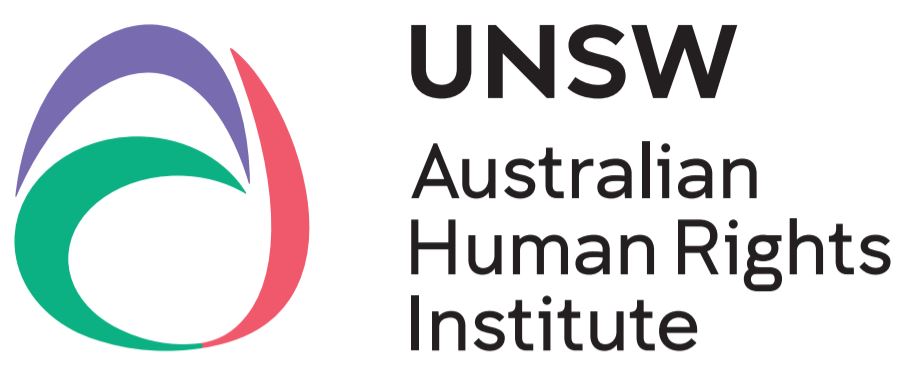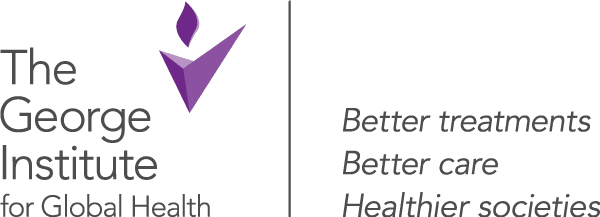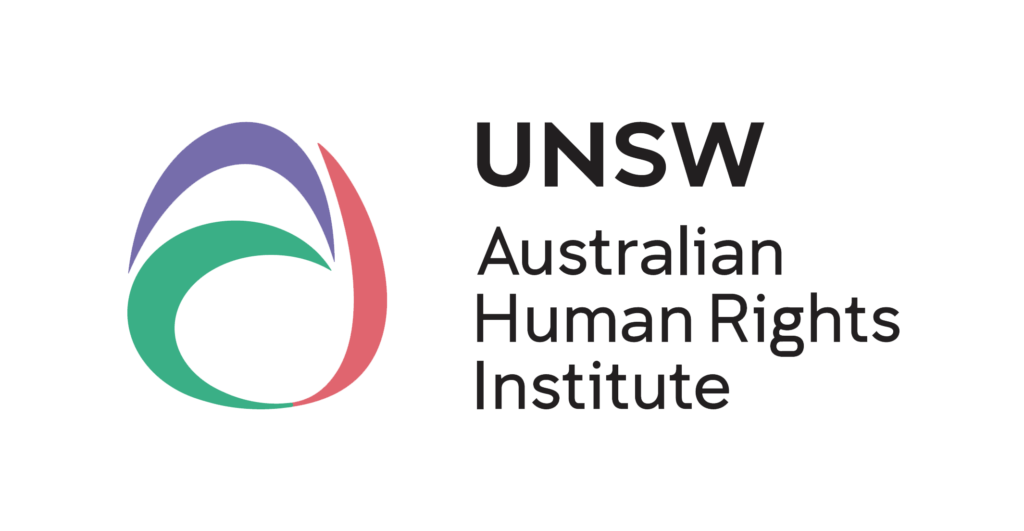The Centre for Sex and Gender Equity in Health and Medicine has been established to ensure that sex and gender are routinely considered in health and medical research, policy, and practice, with a view to improving health outcomes and reducing health inequities for all Australians.
The Sex and Gender Policies in Health and Medical Research project is leading change in Australia to advance health equity and health outcomes for all Australians. Explore our impact so far, below.
Impact
National Health and Medical Research Council collaboration
National Women’s Health Advisory Council
Our research team is influencing policy design at the Commonwealth Government level. Recognising the value of our project, and in recognition of their position as leaders in the sector, two of our project investigators – Professor Robyn Norton and Dr Zoe Wainer – have been appointed to the Assistant Minister for Health, Ged Kearny’s National Women’s Health Advisory Council. The Council is working on policy development to improve gender discrimination and improved health outcomes for women across the Australian health system.
Australian Association of Medical Research Institutes partnership
The project has partnered with the Australian Association of Medical Research Institutes (AAMRI) the peak body for over 50 medical research centres across the country, to develop their overarching sex and gender medical research policy. This has involved a three-stage co-design process which our team have taken the lead in organising with external consultants. The CEO of AAMRI is committed to drive change, which will be transformative for the medical research ecosystem in Australia. Acting as a conduit, members of our team are helping to align the NHMRC’s and AAMRI’s policies to advance improved gender and sex research funding and research practices.
International collaboration
The project’s UK partner project MESSAGE is co-designing and implementing a policy framework for funders and regulators that will ensure that biomedical, health and care researchers account for sex and gender in their funding applications and their research projects.
Members of the project team were invited to Japan to meet with researchers at Ochanomizu University’s Institute for Gendered Innovations to discuss building international collaborations on our research. The first webinar bringing together researchers to discuss collaborations took place in October 2023.
Direct project outputs
The project has made significant contributions at a research, policy and education level, contributing to global knowledge on the benefits of improved sex and gender inputs in medical research. Explore our outputs in the library.
Additional academic papers are currently under review, including a novel framework by which all those working within health and medical research, practice and policy can use to guide improved consideration and action of sex and gender in their activities.
Project members have and continue to be invited to present at conferences and events around the world to discuss this work.
National Centre for Sex and Gender Equity in Health and Medicine.
The project team is leading the establishment of a National Centre for Sex and Gender Equity in Health and Medicine with the Australian Human Rights Institute, The George Institute for Global Health and Deakin University as founding partners.
Consultation with key medical and health stakeholders began in 2021 and is ongoing.
Australia is the one of the only counties undertaking extensive research in this area that does not have a dedicated national home for sex and gender in medicine and health. With increasing activity and interest in this space, it is crucial to establish a dedicated centre for this work, to coordinate efforts and lead the way for Australia to ensure good practice and inclusive research.
Centre vision: To ensure that sex and gender are routinely considered in health and medical research, policy, and practice, with a view to improving health outcomes and reducing health inequities for all Australians.
The Centre will:
- Undertake and support the conduct of high-quality research.
- Facilitate the translation of research into evidence-informed policies and practices.
- Build capacity in addressing sex and gender health and medical inequities, via training and education.
- Communicate and advocate for the integration of sex and gender in health and medicine.
- Engage and collaborate with end-users/consumers and other stakeholders to advance culturally appropriate activities.
Explore the Centre vision and objectives document here.













